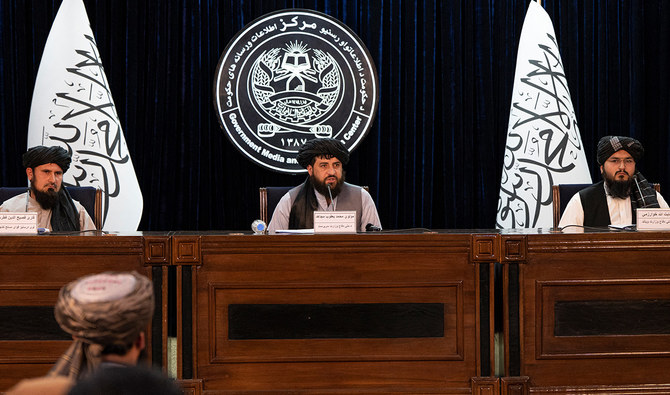Editorial
The third round of United Nations-sponsored talks on integrating Afghanistan into the international community has commenced in Doha, with the participation of the Taliban for the first time. Various delegations from about 30 countries have also arrived for these discussions.
Leading the Afghan delegation is Zabihullah Mujahid, the spokesperson for the Islamic Emirate of Afghanistan. The Taliban has also sent government officials responsible for banking, trade, and narcotics control. Notably, UN Secretary-General Antonio Guterres will not be present, and the UN will be represented by Rosemary DiCarlo, undersecretary-general for political and peacebuilding affairs. In addition, Qatar’s special envoy to Afghanistan, Faisal bin Abdullah al-Hanzab, and the US special representatives for Afghanistan, Thomas West and Rina Amiri, will be in attendance.
The UN aims to focus the discussions on facilitating a peaceful future for Afghanistan, integrating the country into the international community, and ensuring compliance with international obligations, particularly concerning human rights and the rights of women and girls. Conversely, the Taliban’s interests lie in addressing constraints on Afghanistan’s financial and banking systems, mitigating challenges to its private sector’s growth, and combating drug trafficking. The Taliban is also expected to raise demands such as the release of approximately $7 billion of the country’s frozen central bank reserves in the US and finding alternative livelihood sources for farmers after the ban on cultivating poppy.
Pl watch the video and subscribe to the channel.
Participation in the talks does not equate to official recognition for the Taliban. Nonetheless, the Taliban sees these discussions as an opportunity to address Afghanistan’s economic crisis, expand trade relations, and tackle the country’s drug issue.
The decision not to invite women to the talks has sparked criticism from various quarters. The UN Committee on the Elimination of Discrimination against Women and Human Rights Watch have voiced concerns about the exclusion, emphasizing that failing to include women would further silence them at a time when their rights are already facing severe violations.
Women’s rights activists have expressed dismay over the exclusion of women from the talks and the ongoing restrictions imposed on women’s education and employment opportunities by the Taliban. The Taliban’s policies have led to increased limitations on women’s access to education, employment, and their presence in public spaces.
In summary, the Doha talks mark a significant step in the international engagement with Afghanistan. However, concerns remain about the limited representation of women and the challenging conditions faced by Afghan women under Taliban rule.
















